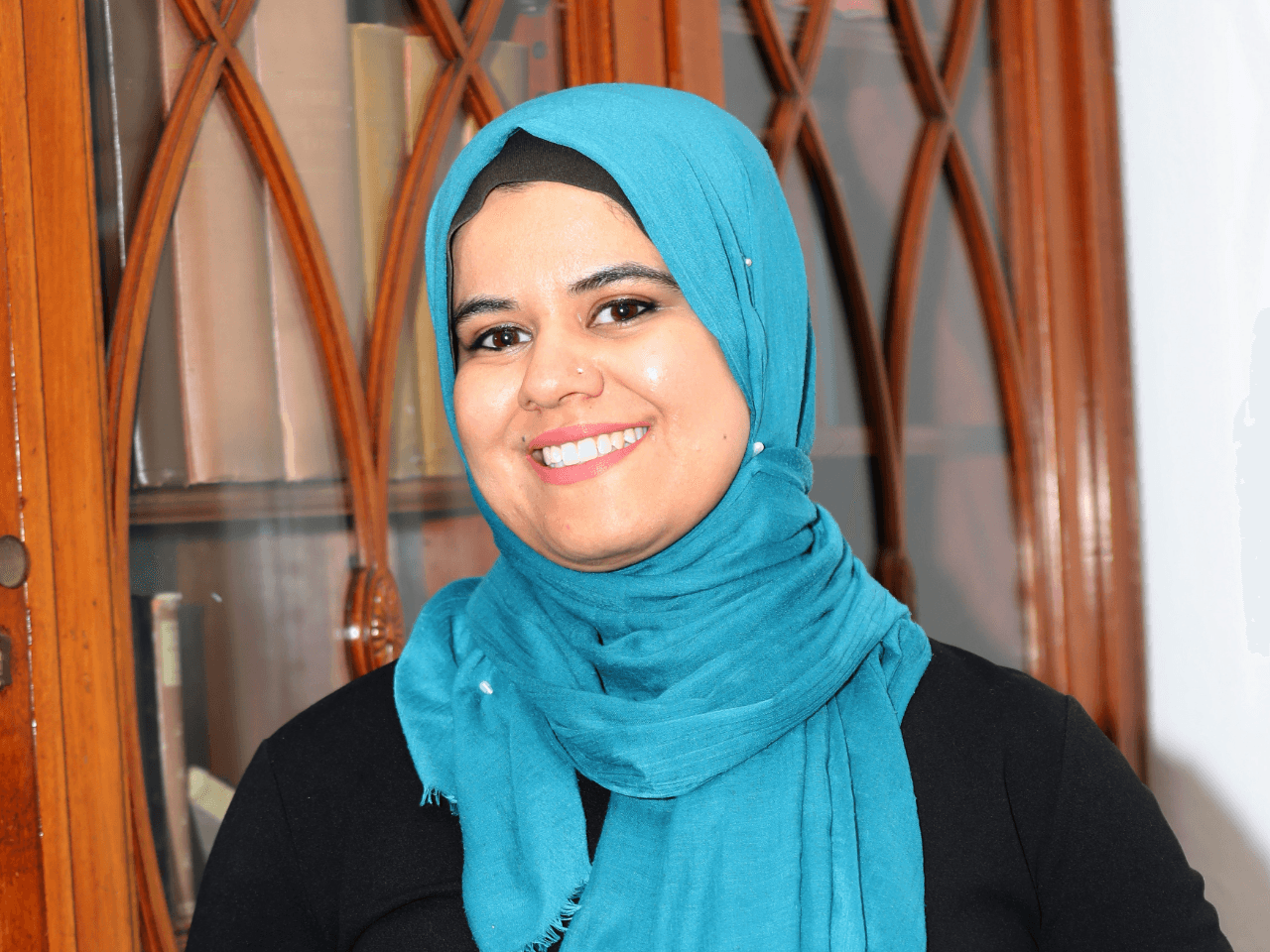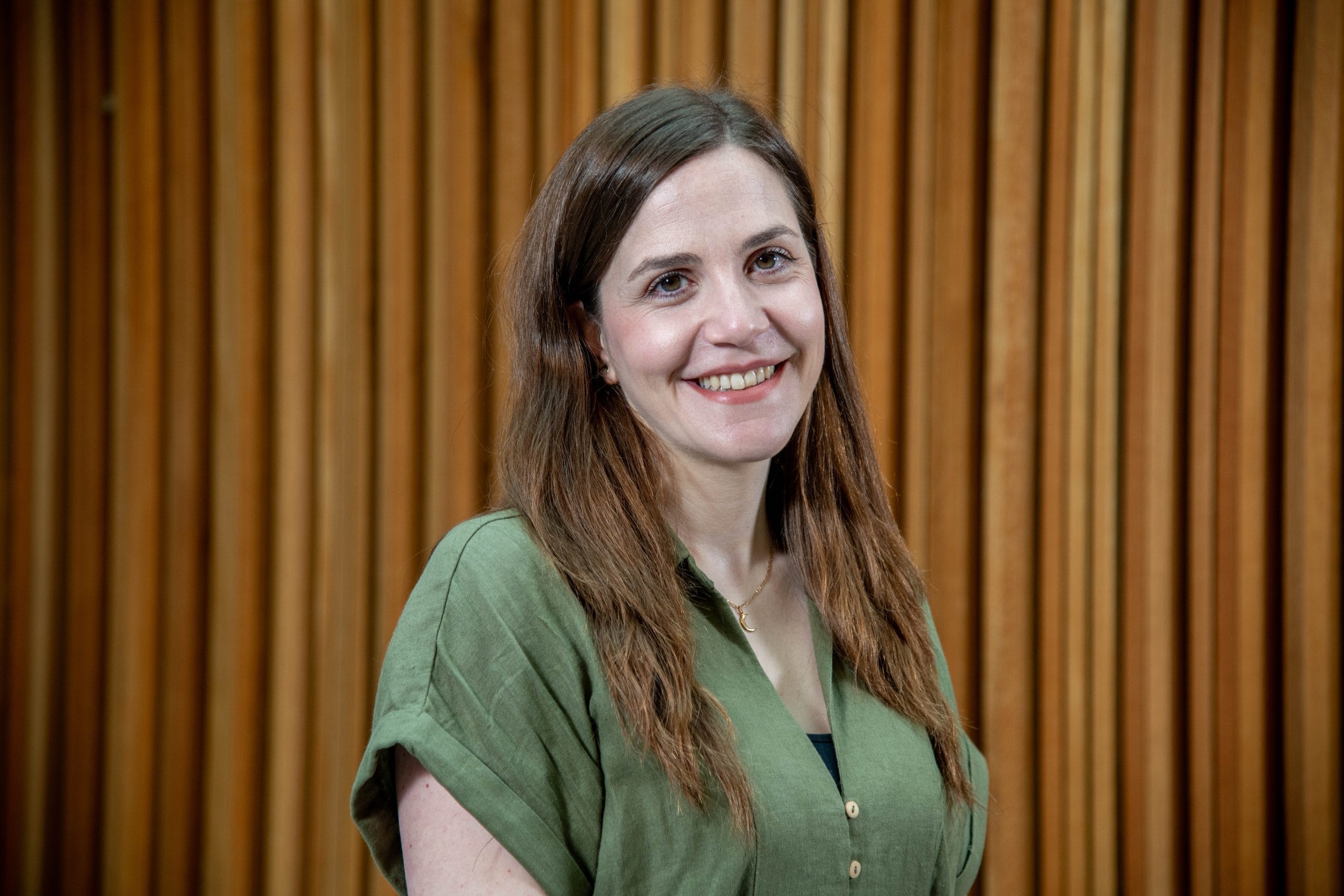Dr Jihong Zhu leads the Robot-Assisted Living Laboratory in the University of York’s Institute for Safe Autonomy. He is also a participant in our Equity in Leadership programme which offers targeted leadership development for staff from global majority backgrounds.
We asked Jihong about his experience on the Equity in Leadership programme and why this programme is so beneficial for aspiring leaders.
What attracted you to the Equity in Leadership programme? What did you hope to gain from taking part?
As a Chinese academic within the UK higher education system, I was immediately drawn to the programme’s commitment to addressing systemic inequities in leadership. My lived experience has given me a direct insight into the specific challenges and nuances faced by staff from minority ethnic backgrounds. I hoped to gain not only practical leadership skills but also a deeper understanding of the institutional landscape, and to connect with a network of peers who are equally passionate about fostering a truly inclusive environment where diverse voices can thrive and lead.
What aspects of the Equity in Leadership programme have you found most beneficial?
The workshops on inclusive communication and leadership have been particularly powerful. They provided a framework for navigating the cultural subtleties of leadership within a British academic context, which has been incredibly valuable. It created a safe and supportive space to discuss shared challenges and successes with colleagues who understood the specific hurdles that academics from underrepresented backgrounds can face. A huge reason for their success was our facilitator, Leyla Okhai. She has a remarkable ability to create a genuinely inclusive and caring environment where everyone’s voice is heard and respected. Her extensive experience and compassionate way of teaching made it possible to have open, honest, and truly productive discussions.
Have you enjoyed meeting other people from White Rose universities on the programme and visiting different universities?
Absolutely. Meeting colleagues across the White Rose University Consortium, particularly other academics from diverse ethnic backgrounds, has been profoundly affirming. Sharing experiences has helped build a strong sense of solidarity and community. Visiting Leeds and Sheffield provided valuable insight into how different institutions operate, but more importantly, it reinforced that the challenges and aspirations we have at York are part of a much wider conversation across the sector.
In what ways has your personal background or identity shaped your approach to leadership and your understanding of equity?
My identity as a Chinese academic has fundamentally shaped my leadership philosophy. It has provided me with a dual perspective: the ability to draw on cultural values that emphasise community and collective achievement, while also navigating the more individualistic structures of UK academia. This has made me deeply committed to a collaborative and compassionate leadership style. It also fuels my understanding of equity; I know that it’s not just about opening doors, but about ensuring the room is welcoming and that everyone’s contribution is genuinely valued, regardless of their background. I feel a strong sense of responsibility to be a visible role model for others.
How do you see the programme contributing to broader cultural shifts within the White Rose universities (Leeds, Sheffield, and York) or higher education regarding leadership diversity?
I believe this programme is a crucial step towards tangible cultural change. It moves beyond rhetoric by actively investing in and empowering a diverse cohort of future leaders. For the White Rose universities, this creates a visible pipeline of talent that challenges the traditional leadership mould. As alumni of this programme, we become agents of change, equipped to question non-inclusive practices and champion diversity in our departments and committees. Specifically at York, I hope we can help accelerate the diversification of leadership to better reflect our global student and staff community.
Has the programme had an impact on how you feel about your career journey and plans for the future?
The programme has had a transformative impact on my career outlook. It has significantly boosted my confidence and helped to dismantle some of the imposter syndrome that can be a barrier for academics from minority backgrounds. Leyla’s guidance was instrumental in this; her expertise and the caring, respectful environment she created made me feel truly seen and valued. Seeing her lead with such empathy provided a powerful example of the kind of leader I aspire to be, making the path forward feel much clearer and more attainable.
How do you plan to use your newfound knowledge and network from this programme to be an advocate for change?
My first step is to apply these principles directly within my teaching and departmental responsibilities, creating a more inclusive environment for my students and colleagues, much like the one Leyla so effectively cultivated for us on the programme. I plan to actively participate in EDI initiatives at the University of York, using my experience to contribute a nuanced perspective.
Related news

Spotlight on Leadership: Dr Maria Hussain, Equity in Leadership 2024 delegate

Spotlight on Leadership: Dionne Walker, Equity in Leadership 2024 delegate

Tackling accent bias: Interview with Dr Gisela Tomé Lourido

Spotlight on Crucible: Dr Truzaar Dordi



